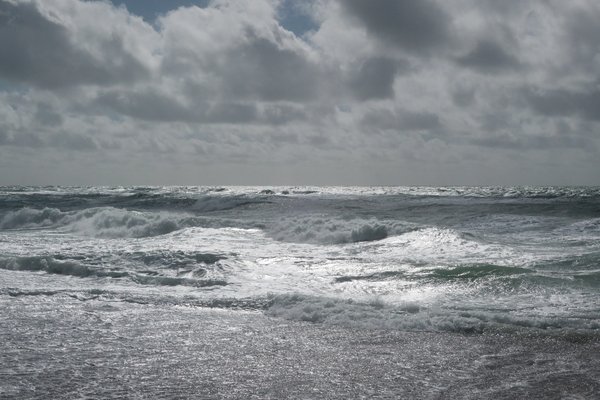
Weaker ocean circulation could cost trillions
A major motor for the global climate is beginning to falter: a massive system of ocean currents called the Atlantic Meridional Overturning…
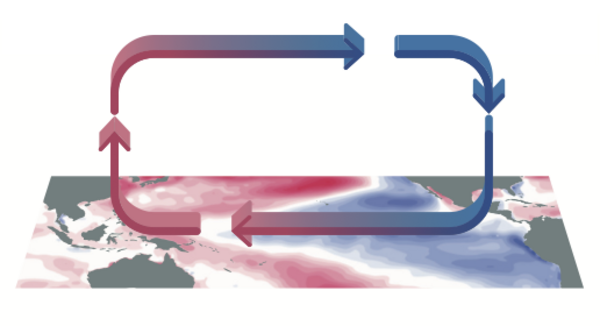
Study explains unexpected recent strengthening of the Walker circulation
The Walker circulation, an atmospheric circulation pattern in the tropics, has accelerated in recent years, puzzling climate scientists who had…
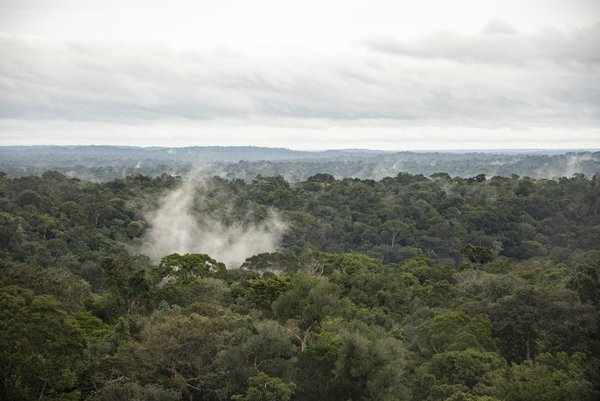
Amazon rainforest more resilient than assumed
New evidence suggests that mean annual precipitation in the Amazon region is not going to change significantly even if it were completely deforested.…
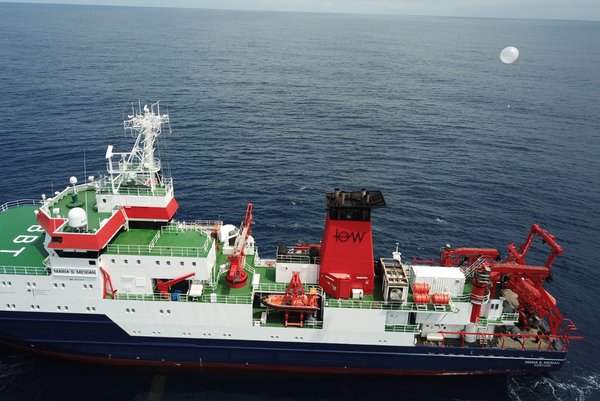
Proposal for an improved handling of ship-based data
Transparent processing of research data facilitates scientific work and serves scientific goals in the long term. Using data collected during a…
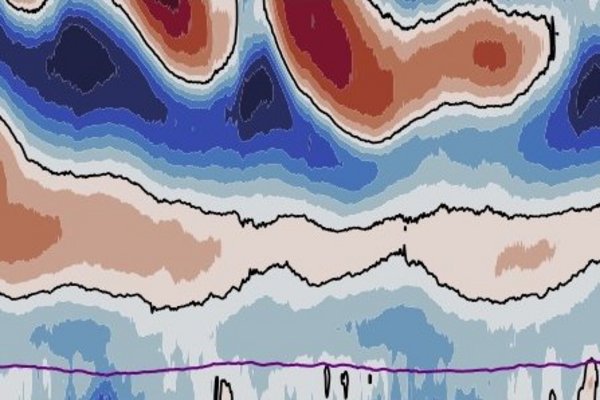
First-time explicit simulation of a tropical wind system in the upper atmosphere
A wind system in the tropical stratosphere that can influence the seasonal weather along many latitudes – the quasi-biennial oscillation (QBO) –…

How to make climate adaptation a success
Climate change is forcing people to adapt to changing environmental conditions. But what really makes the difference is how they do it. The recently…

New study sinks an old theory for low-wind equatorial regions
MPI-M-researcher Julia Windmiller overturns a textbook explanation for the low wind speeds that tormented sailing ships in the tropics: Rather than…
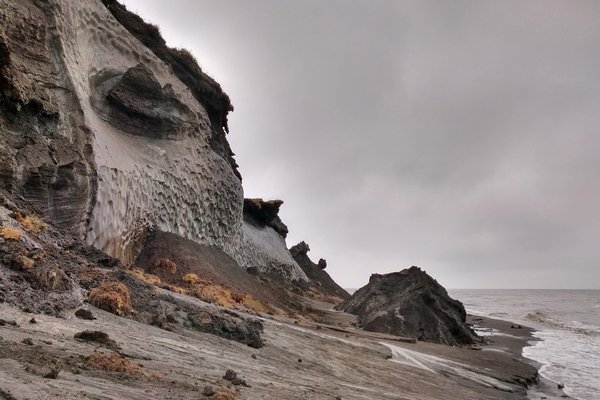
In years to come, the Arctic Ocean will absorb less CO2 than expected
We humans benefit from the oceans’ tremendous capacity to absorb greenhouse gases. Due to the low temperature of the water, the Arctic Ocean absorbs…

Why stratospheric aerosol disproportionately cools the Indian and western Pacific Ocean
In a new study Moritz Günther, Hauke Schmidt, Claudia Timmreck, and Matthew Toohey show how aerosol perturbations in the stratosphere lead to a…
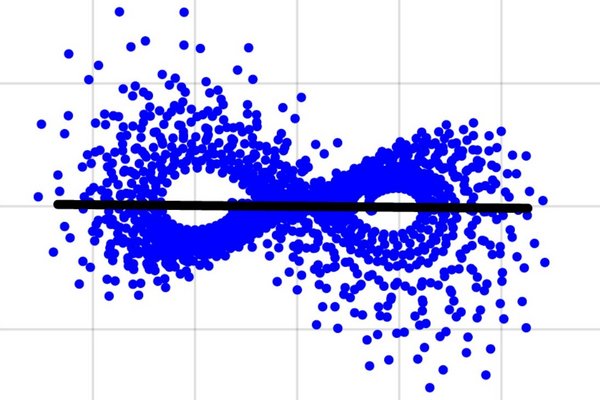
Why is climate stochastic?
A time series of a climate variable often resembles a random sequence. This apparent randomness is generally attributed to the unpredictable and…
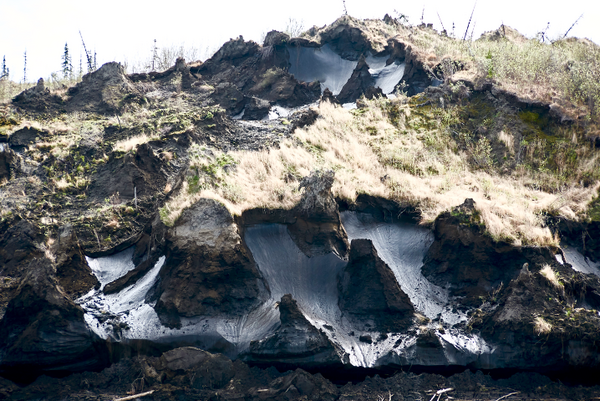
Climate change amplified by permafrost cloud feedback
Researchers at the Max Planck Institute for Meteorology shed light on what may happen if the frozen soils thaw in response to global heating.…
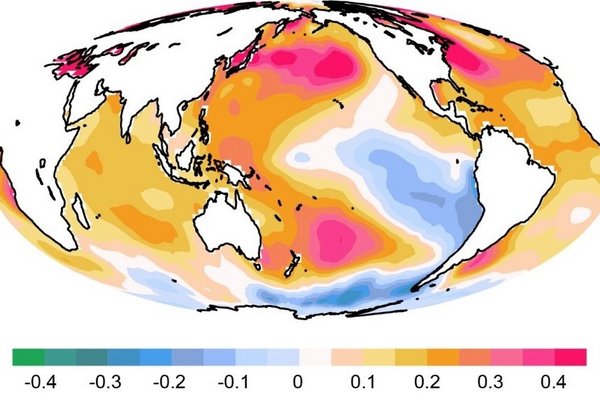
Changes to the Warming Pattern in the Tropical Pacific
The Earth is rapidly warming in response to human-induced greenhouse gas emissions. The warming is however not uniform, with some areas of the Earth…
